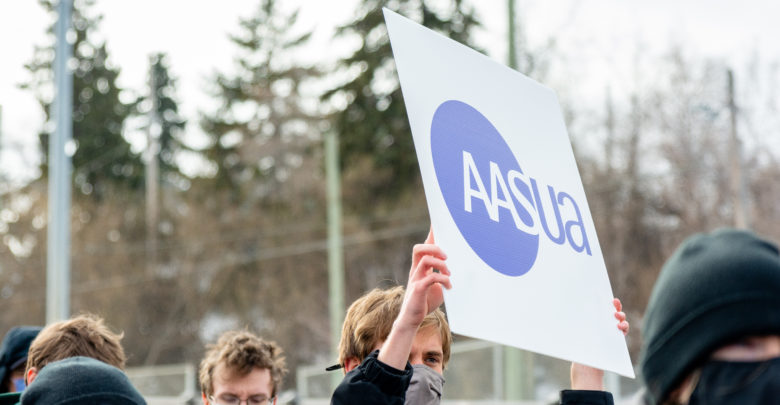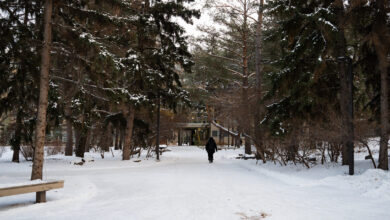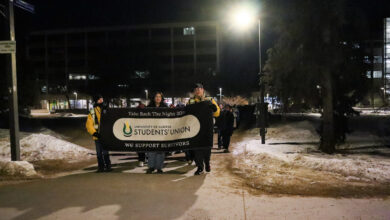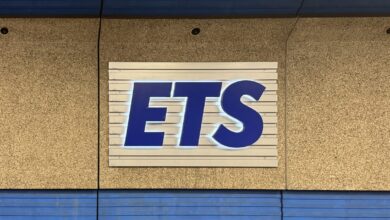U of A to apply for lockout poll, AASUA applies for supervised strike vote
The two bargaining parties are currently in a mandatory 14-day cooling-off period.
 Lochlann Kerr
Lochlann KerrOn September 19, the Association of Academic Staff at the University of Alberta (AASUA) declared an impasse during formal mediation with the university. AASUA has applied to the Alberta Labour Relations Board (ALRB) for a supervised strike vote. Voting will open on October 6 and close on October 9.
The U of A released a statement on September 23 stating that it will apply for a lockout poll, which functions similarly to a strike vote.
In an interview with The Gateway, AASUA President Gordon Swaters said that declaring an impasse sends a message to the university to start taking the bargaining process seriously and come up with “a realistic proposal to fund [AASUA’s] benefit plan.”
The university said this is “simply not accurate” in their statement released on September 23.
“A strike vote is a vote to stop work and go on strike — it is not interpreted by employers in any other way,” the statement read.
The university emphasized the negative impact a strike would have on staff, students, and researchers. According to the statement, a strike by AASUA would mean that teaching and courses would stop. Research would also stop, with limited exemptions as outlined in the essential services agreement and research at risk of irreparable damage list.
University to apply to the ALRB for a lockout poll
The university intends to apply to the ALRB for a lockout poll. A lockout of academic staff “could be necessary for liability, safety, and operational considerations,” the statement read.
“The university remains ready to negotiate a renewal agreement that considers the valued contributions of AASUA members within this broader context and realities, once AASUA is ready to return to the table.”
The U of A provided an emailed comment to The Gateway on September 24.
“The university’s focus is on reaching a negotiated agreement that avoids any work stoppage, which would have lasting negative impacts on the university community. As such, the university has not yet applied for a lockout,” the comment read.
“Lockouts are a typical employer response when a union chooses to go on strike, however the university would prefer to continue bargaining and is ready to do so when AASUA decides to come back to the table and engage with our proposal.”
In an emailed statement to The Gateway, Swaters said that “AASUA remains ready and willing to negotiate once university administration shows it is committed to fair compensation and walks back its plan to gut current benefit coverage.”
“We do not want job action — whether it be strike or lockout — for ourselves or for our students. But to protect our university, we need university leadership to re-invest in frontline teaching and research,” Swaters said.




